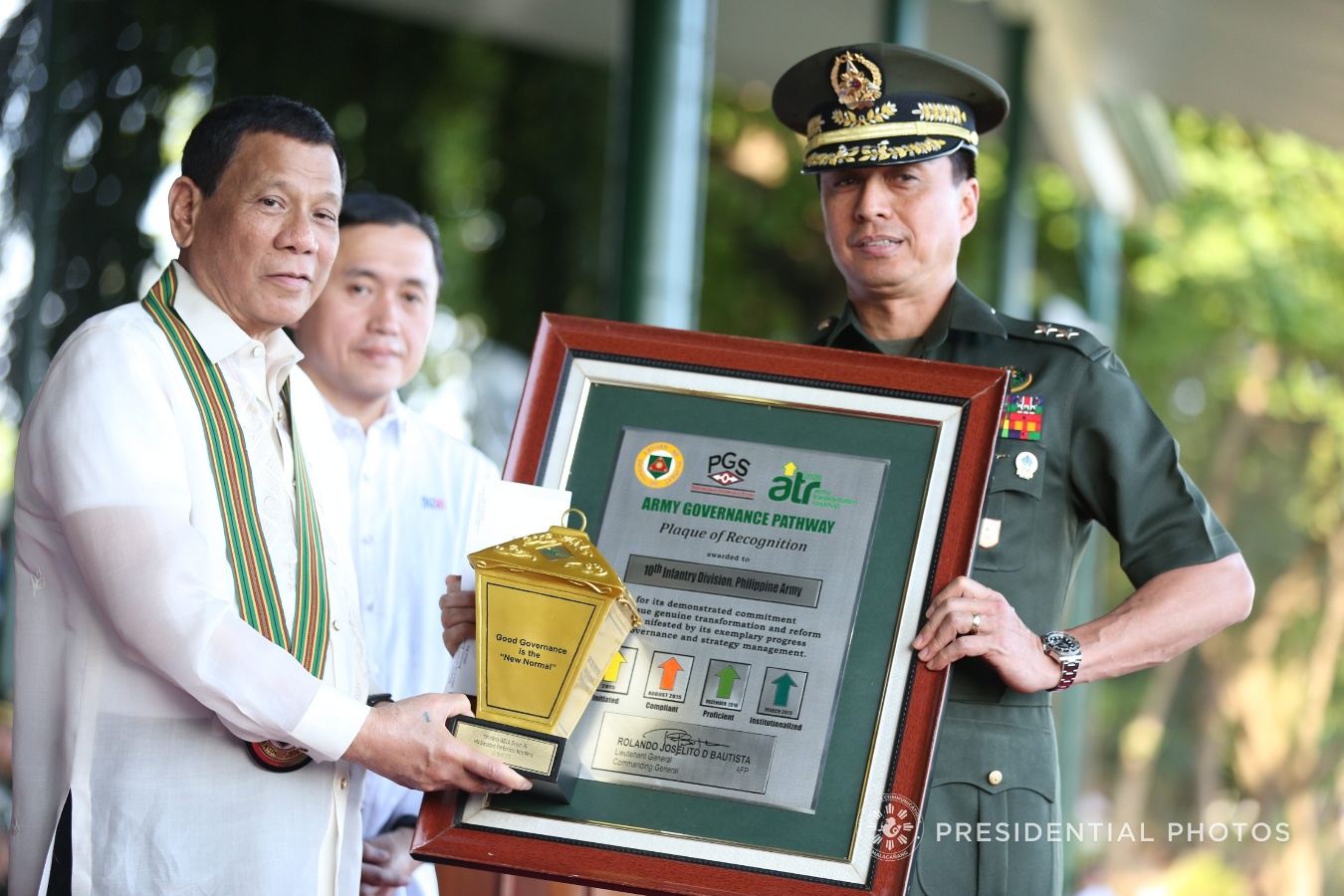

On Thursday, the newly installed Armed Forces chief of staff, Lt. Gen. Noel Clement, complained about the media attention given to the self-exiled founder and leader of the Communist Party of the Philippines (CPP), who has warned that the military’s human rights record could worsen under the new military chief.
Jose Maria Sison has enough basis for his accusations because Clement has been under a cloud of doubt over his role in the disappearance of Jonas Burgos.
Burgos disappeared without a trace in April 2007 after armed men abducted him inside a shopping mall in Quezon City. The 37-year-old son of the late journalist Jose Burgos was never found, despite appeals from his mother and human rights activists.
Clement was, however, cleared of any involvement by the courts but two subordinates were found liable for Burgos’ disappearance at a time when the government, then under President Gloria Macapagal Arroyo, had a crackdown on anti-government activists – farmers, workers, community organizers, human rights advocates, students, lawyers and even journalists.
“Why do we even have to listen to him?” Clement asked, referring to Sison. “He has done nothing good for the country. Who has more violations than us? Who has a case about the murders that they have conducted?”
You cannot just blame General Clement because he was only passionate for his job, in his drive to end the 50-year-old Maoist-led rebellion, one of the longest-running insurgencies in Asia, perhaps in the world, draining the country’s resources which could have fueled economic growth and development in poor but resource-rich rural areas.
But the good general must be reminded that this is now the digital age, not the post-World War 2 period when the world was polarized by two superpowers – the United States and the former Soviet Union. During that time, people were labelled “enemies” of democracy if they were Communists, and everything was black or white. If you were not with them, then you were on the other side of the fence.
The local law punishing mere membership or association with the Communists, Republic Act 1700 or the sedition law, was repealed under President Fidel V. Ramos, a US Military Academy graduate and a retired general.
It seemed General Clement’s mindset was stuck in the 1950s or perhaps in the early 1980s, when he first entered the Philippine Military Academy during the dying years of the Ferdinand Marcos’s dictatorial regime. This was also the height of Communist insurgency, which peaked to 25,000 guerrillas in 1986 when the strongman was ousted by a popular revolt.
In today’s marketplace of ideas and ideologies, there must be no room for intolerance, for discrimination whether by race, creed, religion and politics. The world has moved forward from a bipolar to a more diverse ecosystem.
Of course, it has become more dangerous and more chaotic and it was made much more confusing with the spread of disinformation in the post-truth world.
But the armed forces have become more prepared and trained to address these emergent information-based threats. The United States has spent so much resources, time and energy in training the local military on strategic communications, improving how soldiers should conduct psychological warfare to win the hearts and minds of the populace.
The Philippines also has a wealth of experience in countering rebel propaganda since the Special Operations Team (SOT) surfaced during the time of Maj. Gen. Mariano Adalem, who commanded the Philippine Army about three decades ago. The SOT was so effective against the SYPs or Samahang Yunit Pampropaganda of the New People’s Army that the armed forces was able reduce rebels’ strength to about 5,000 from 25,000 in less than a decade.
General Clement must also understand how the media operate in a democratic society and how all journalists carry out their work. They are not propagandists for the government and the military. Thus, General Clement must understand and expect the press, including members of the Defense Press Corps, to be doing their jobs to get the side of the rebels in a story.
Journalists must remain credible and trusted. The only way journalists can remain faithful to the profession is to be more accurate, fair and impartial in their reporting. At times, journalists appear to be adversarial but it comes with the job in seeking the truth.
The military also has a pool of effective communicators who can be more charming and amiable without antagonizing the press. The likes of the late Generals Oscar Florendo and Honesto Isleta and legendary Jose Almonte and Luis San Andres were darlings of the press during their time.
In recent years, the military had excellent spokesmen, like Maj. Gen. Restituto Padilla, Rear Adm. Joby Bacordo, Brig. Gen. Romeo Brawner, and Colonels Ramon Zagala and Harold Cabunoc.
They have excellent relations with the press. They respected how journalists work and the journalists respected and understood their roles better.
The last thing the military needs now is to antagonize the press and media in general. The battle for the hearts and minds of the people is half won if the military gets the media to its side in the age of propaganda. The rebels are more sophisticated and better communicators than General Clement.